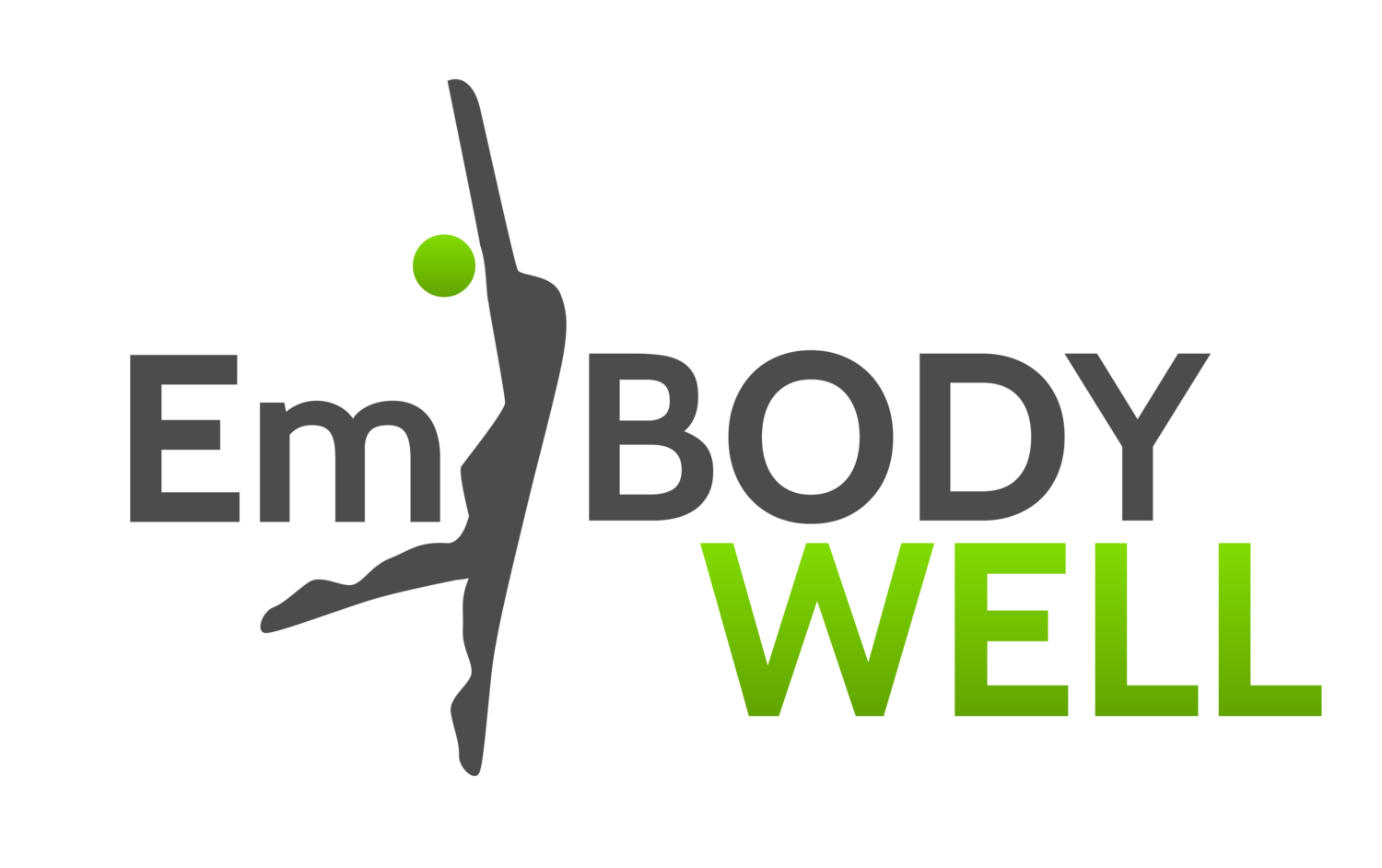Vegetablarian...what???
Hello! My name is Tanya and I am a vegetablarian.
A what?
A vegetablarian?
What is that? Did you mean vegetarian?
No! I coined the term "vegetablarian" for two major reasons: 1) to find a word that more accurately captured how I eat and 2) as a health coach and educator, to find a term that I could share with and use to teach others the how of eating healthy.
Both professionally and personally, many people I meet or know assume that I am a vegetarian/don’t eat meat. Professionally, people assume I must be vegetarian because of what I do. Personally, friends (and family) will typically observe what I eat and assume that or ask if I am a vegetarian. I have to laugh when even people that I have known for some time appear shocked when they see me eating meat. Shock is usually also accompanied by a surprised - “You’re not a vegetarian?!?” or “I thought you were a vegetarian!!” - with the same high pitched tone as if I had violated some unspoken rule. The more I thought about it, the more I realized there really was no term for what I am (or at least what I consider myself to be) and how I eat.
As a nutrition educator, I often hear students, workshop participants, and friends use the words vegetarian and vegan to refer to people and foods that they assume are “healthy”. I usually advise these same people that vegetarianism and veganism has very little to do with (what I believe to be) the core of being or eating healthy. Being or eating healthy is NOT a requirement to be a vegetarian OR vegan. In fact, one woman I met at a health fair even admitted to me that she was a “junk food vegetarian.” Think of it this way: SUGAR is both VEGETARIAN AND VEGAN; so, you can spend all day eating SUGAR and still be a VEGETARIAN OR VEGAN. Now, would you call that healthy?
All of my holistic health and nutrition training and experience has shown me that the more important part of eating for your health is how much of the good stuff you do eat (how you nourish/support your body), not how much of the bad stuff you don’t (how much you don't beat up your body) . The issue is vegetarianism and veganism are practices defined exactly that way; it puts the focus on what a person does NOT eat (meat). It seems even stranger when you consider that the label for these practices includes a portion of the word "vegetable" and therefore would *seem* to describe a diet with that focus...however, that is farthest from the truth (as we have already discussed, you can eat SUGAR all day and still be true to the practice of vegetarianism or veganism). This leads to further complication because it requires further clarification and labeling for exceptions: i.e. vegan (strict –no animal products or byproducts), ovo-vegetarian (can eat eggs), lacto-vegetarian (can eat dairy), ovo-lacto vegetarian (can eat eggs and dairy), and pesco/pescetarian (eats fish).
I wanted to simplify things to describe a person that positively "provides what their body needs and eats a generally healthy diet." As you probably know, everyone’s body is different. And that means what is healthy for one person may vary slightly from what is healthy for another. “Nutrition science” has added confusion – giving us volumes and volumes of magazine articles and news stories, studies and data points that suggest/recommend/define specific foods that you should and should not eat to be healthy. However, despite differences from person to person and "nutrition science," the simplest and most consistent guideline for anyone that wants to provide more of what their body needs and eat a "generally healthy diet" is...eat more vegetables. It all boils down to this - based on sound holistic nutrition principles, a diet that includes a healthy amount of vegetables (any vegetables) is the most beneficial to you and your body.
SIDE NOTE: There has been a recent shift in the health and nutrition industry to suggest we refer to a plant-based diet for health; I say it is still too ambiguous since it still allows the same SUGAR loophole as before.
I know, it's a mouthful (excuse the pun!), but I believe the term "vegetablarian" comes the closest to providing a clear and unambiguous term to describe a healthy diet. This is based on the generalization that almost everyone’s body needs and can use vegetables for good health (I actually have not yet found or heard of anyone who doesn’t - allergies aside); at the same time, it does not require (or restrict) anything else.
So, tell me, are you vegetablarian too?






